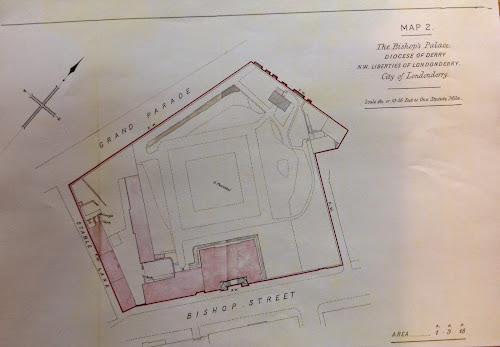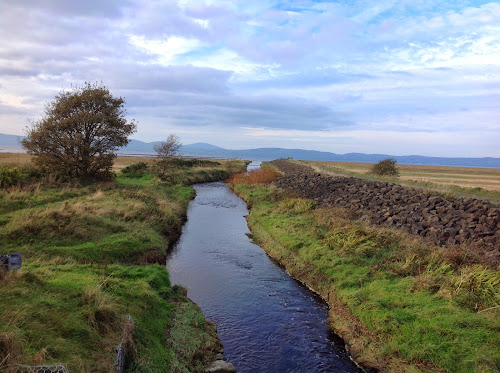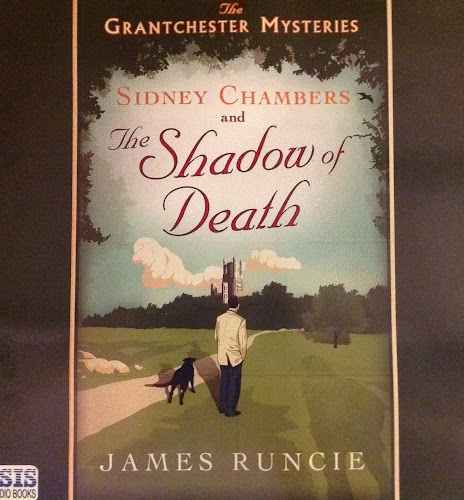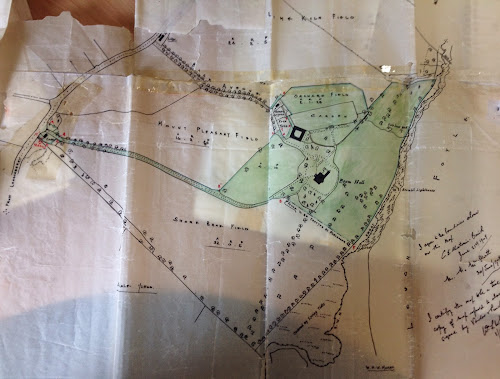The Boom Hall estate on the outskirts of Londonderry was sold by James Dupre Alexander, Earl of Caledon to Daniel Baird of Cassino, Londonderry on 29th October 1849 for the sum of £6,000. The estate extended to one hundred and twenty five acres. Some forty five acres were held under two leases for lives renewable for ever. These leases were dated 10th August 1848 and 3rd July 1849. The centui que vie were Queen Victoria, Prince George of Cambridge and Augusta Caroline, Duchess of Mechlenburgh Strelitz. On 30th September 1854 Baird obtained Fee Farm Grants of these forty five acres under the provisions of the Renewable Leadehold Conversion Act 1849.
Daniel Baird passed away on 2nd March 1862 having previously made his last will on 15th June 1861 with codocil dated 3rd July 1861. Boom Hall and the immediate demesne being the lands comprised in and assured by the aforesaid fee farm grants was left to his wife Barbara for her life (died 22nd January 1879) with remainder in strict settlement to his grandson David Baird Maturin at age twenty five conditional upon him adopting the name Baird as his surname. Not unsurprisingly his grandson applied to adopt the surname of Baird pursuant to the terms of the, "name and arms clause," imposed by his grandfather. The ground rents reserved by the 1849 Fee Farm Grants were purchased from the Irish Society on 22nd January 1878 for the sum of £416.3.4.
Daniel Baird Maturin Baird died on 6th June 1924 resident in England. His eldest surviving son was Lieut. Col Charles Edgar Maturin-Baird who became tenant in tail male. A disentailing deed was executed on 8th December 1924 so as to vest the fee simple in Lieut Col Maturin Baird. The feoffee to uses was his solicitor, King Houston of Omagh. Coincidentally I have a writing set presented to King Houston by Omagh Solicitors Association. Strange that.
On 3rd November 1949 Lieut Col Maturin Baird sold Boom Hall and a total of 26a 3r 38p to Michael Henry McDevitt of Red House, Castlerock for £3,000. He was to die a bachelor and intestate on 18th May 1969. Letters of administration were granted to a niece, Helen Mary McCann on 8th September 1969. Certain of the lands were vested for roadworks in connection with the construction of the Foyle Bridge. Certain other of the lands were sold by Mrs McCann in her capacity as personal representative with the rump of the lands being sold to Derry City Council in 1996.









